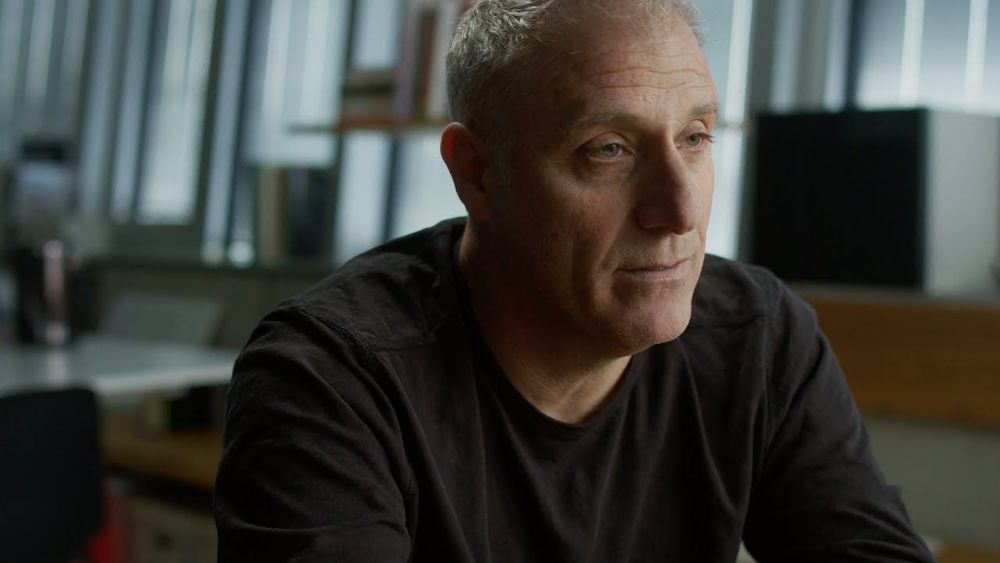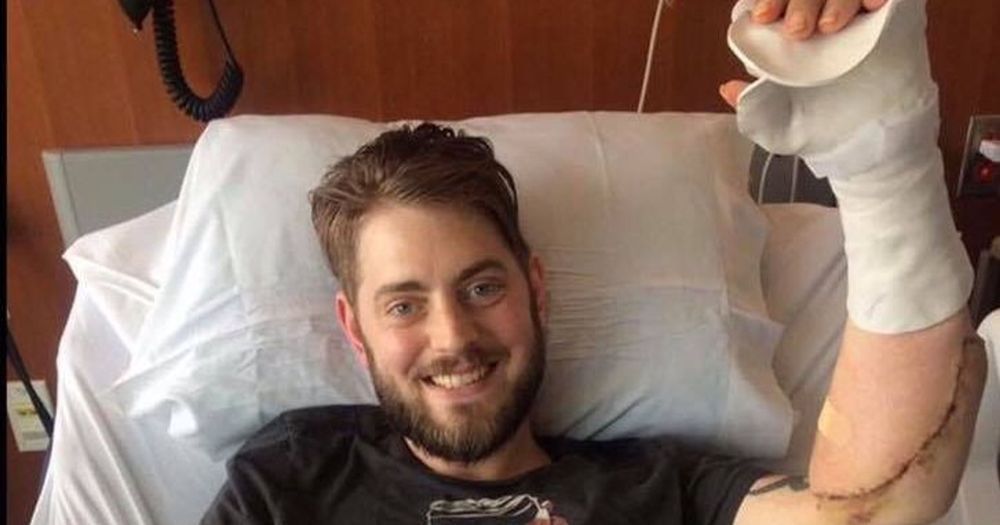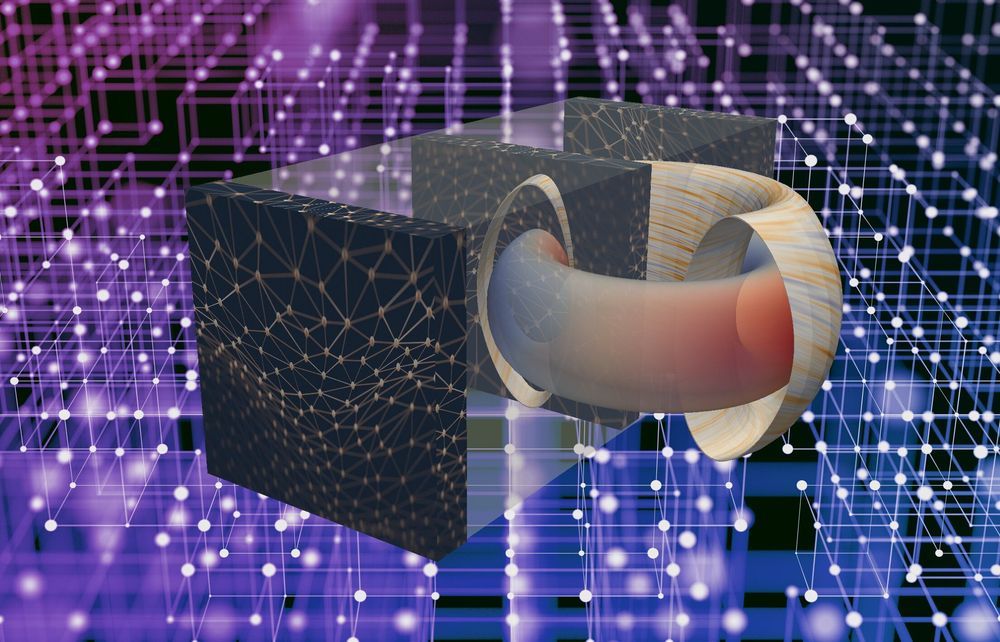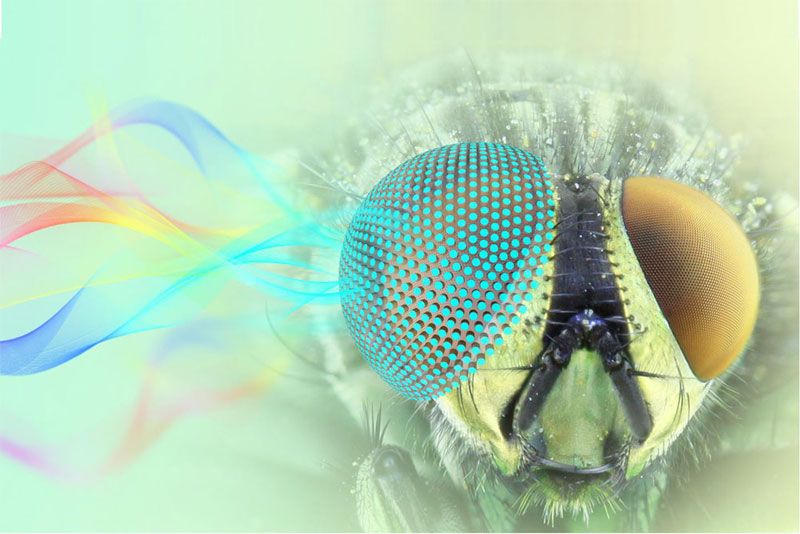Page 8623
Apr 18, 2019
Human Trial Success for Osteoarthritis Stem Cell Therapy
Posted by Steve Hill in category: biotech/medical
The results of a clinical trial using bone marrow-derived mesenchymal stromal cells (MSCs) to treat late-stage knee osteoarthritis were published recently, and they came back positive. The trial included both phase 1 and 2 and was designed to determine the safety and efficacy of MSC stem cell therapy.
A battery of tests
During the trial, patients were given a single injection of 1, 10, or 50 million MSCs directly into the knee. The trial used a number of tests associated with knee osteoarthritis, including the Western Ontario and McMaster Universities Osteoarthritis Index (WOMAC), a common set of standardized questionnaires used by healthcare professionals to evaluate the condition of patients with osteoarthritis of the knee. The WOMAC includes questions relating to pain, stiffness, and the physical functioning of the joints.
Continue reading “Human Trial Success for Osteoarthritis Stem Cell Therapy” »
Apr 18, 2019
Artificial intelligence speeds efforts to develop clean, virtually limitless fusion energy
Posted by Quinn Sena in categories: nuclear energy, robotics/AI
Artificial intelligence (AI), a branch of computer science that is transforming scientific inquiry and industry, could now speed the development of safe, clean and virtually limitless fusion energy for generating electricity. A major step in this direction is under way at the U.S. Department of Energy’s (DOE) Princeton Plasma Physics Laboratory (PPPL) and Princeton University, where a team of scientists working with a Harvard graduate student is for the first time applying deep learning—a powerful new version of the machine learning form of AI—to forecast sudden disruptions that can halt fusion reactions and damage the doughnut-shaped tokamaks that house the reactions.
Promising new chapter in fusion research
“This research opens a promising new chapter in the effort to bring unlimited energy to Earth,” Steve Cowley, director of PPPL, said of the findings, which are reported in the current issue of Nature magazine. “Artificial intelligence is exploding across the sciences and now it’s beginning to contribute to the worldwide quest for fusion power.”
Apr 18, 2019
Adidas unveils running shoes that never have to be thrown away
Posted by Quinn Sena in categories: materials, sustainability

The Futurecraft Loop performance running shoes can be returned to Adidas, where they will be ground up to make more shoes, again and again.
So, recycling is a mess. Manufacturers have sold us on the idea that it’s the consumer’s responsibility to recycle the manufacturer’s product, ostensibly relieving the manufacturer of responsibility for all the trash their products generate. Meanwhile, despite many of us trying our best to uphold our end of the deal, recycling is complicated – and in the end, 91 percent of plastic, for example, is not recycled.
Continue reading “Adidas unveils running shoes that never have to be thrown away” »
Apr 18, 2019
Metamaterials Embedded with Geometrical Optics Could Simplify Optical Devices
Posted by James Christian Smith in categories: 3D printing, materials
The researchers believe that other MEGOs that absorb, enhance, reflect, or bend waves in new ways could be created using patterned 3D printing. The current Tufts study utilizes stereolithography. Other 3D-printing technologies, such as two-photon polymerization, could provide printing resolution down to 200 nm, which would enable the fabrication of even finer metamaterials that could detect and manipulate electromagnetic signals of even smaller wavelengths, potentially including visible light. As resolution in 3D printing improves, MEGO devices could reach terahertz frequencies.
MEDFORD, Mass., April 9, 2019 — 3D-printed metamaterials developed by a Tufts University engineering team display properties not found in conventional materials. The fabrication methods used by the team demonstrate how stereolithography-based 3D printers can be used to create 3D optical devices through a process that fuses metamaterials with geometrical optics, or MEGO. The MEGO devices can be fabricated at a lower cost than devices made using typical fabrication methods.
Apr 18, 2019
Take a look at the C-Space Project Mars simulation base built in the Gobi Desert outside Jinchang, NW China’s Gansu province
Posted by Klaus Baldauf in category: space
Apr 18, 2019
Senescent Cells as a Contributing Cause of Degenerative Disc Disease
Posted by Lilia Lens-Pechakova in categories: biotech/medical, life extension
On the degenerative disk disease and senescent cells from FightAging: “… It is just a pity that so few older people know this at the present time — the hundreds of millions worldwide who are suffering when perhaps they need not be…”
At this point, I suspect it will surprise no-one who follows the field to learn that the accumulation of senescent cells is a significant cause of degenerative disc disease. The evidence from a mouse study that is provided in the open access paper here doesn’t quite rise to establishing that claim, but it is compelling nonetheless. Given the role of cellular senescence in arthritis, a disease of localized chronic inflammation, it is logical to also expect a role in the degeneration of intervertebral discs, as this is also a condition of aging in which inflammation seems important.
Senescent cells, even while present in only comparatively small numbers, generate a potent mix of molecules that spurs chronic inflammation and is destructive of surrounding tissue structure. Fortunately early senolytic compounds, those shown to destroy a sizable fraction of senescent cells cells in animal studies, are cheap and readily available to anyone willing to try this self-experiment. It is just a pity that so few older people know this at the present time — the hundreds of millions worldwide who are suffering when perhaps they need not be.
Apr 18, 2019
Can machines make medicine better — and more humane?
Posted by Derick Lee in categories: biotech/medical, robotics/AI
Topol is a dreamer. “One can imagine that AI will rescue medicine from all that ails it, including diagnostic inaccuracy,” he writes. (There are roughly 12 million misdiagnoses of serious illness in the United States every year, and medical error kills a quarter-million Americans annually.) But even Topol admits that this hope is far from being actualized. Indeed.
Cardiologist Eric Topol explores the benefits of artificial intelligence in medicine.
Apr 18, 2019
29 Neurotech Companies Interfacing With Your Brain
Posted by Paul Battista in categories: health, robotics/AI
A recent news topic that raised some eyebrows was the revelation that the human brain can literally reprogram itself. The brain is such a complex piece of hardware that there’s practically no way we’ll ever understand it without using a greater intelligence. This is one of the reasons why the emergence of artificial intelligence is so disruptive. Startups like Kernel are actually using AI to “read/write” long term memories directly from the brain. Amazing technological advances like these should adorn the front page of every news paper out there. Instead, we opt for mind-numbing “facts” like this:

As a nod to World Mental Health Day today, what we’d like to do is put together an exhaustive list of every single neurotech related company out there. To get this started, let’s turn towards an article published on the Crunchbase blog which lists 23 different neurotech companies (it’s actually 22 because one was an impostor). To that list, we then added 7 names from our own research. What we end up with is a list of 29 different neurotech companies (the companies we’ve already covered are linked to the relevant articles on this site below):
Continue reading “29 Neurotech Companies Interfacing With Your Brain” »
Tourist spots in Paris, France… including Notre Dame. #NotreDame
A crisp, clear winter day over France provided the International Space Station a detailed view of the city of Paris. This image, rotated and cropped from the original, shows the recognizable street pattern of the city—and some of the world’s most notable landmarks—along the Seine River. One of the main avenues radiating like spokes from the Arc de Triomphe (image upper left) is the Avenue des Champs-Élysées running southeast to the Garden of Tuileries (Jardin des Tuileries).
The garden—recognizable by its light green color relative to the surrounding built materials—was originally commissioned by Catherine de Medici in 1559, and is now bounded by the Place de la Concorde to the northeast and the Louvre museum along the Seine River at the southeast end. Other, similarly colored parks and greenspaces are visible throughout the image. Farther south on the Seine is the Íle de la Cité, location of the famous Notre Dame cathedral. Perhaps most prominent is the characteristic €œA € profile of the Eiffel Tower west of the Jardin des Tuileries, highlighted by morning sunlight.
















